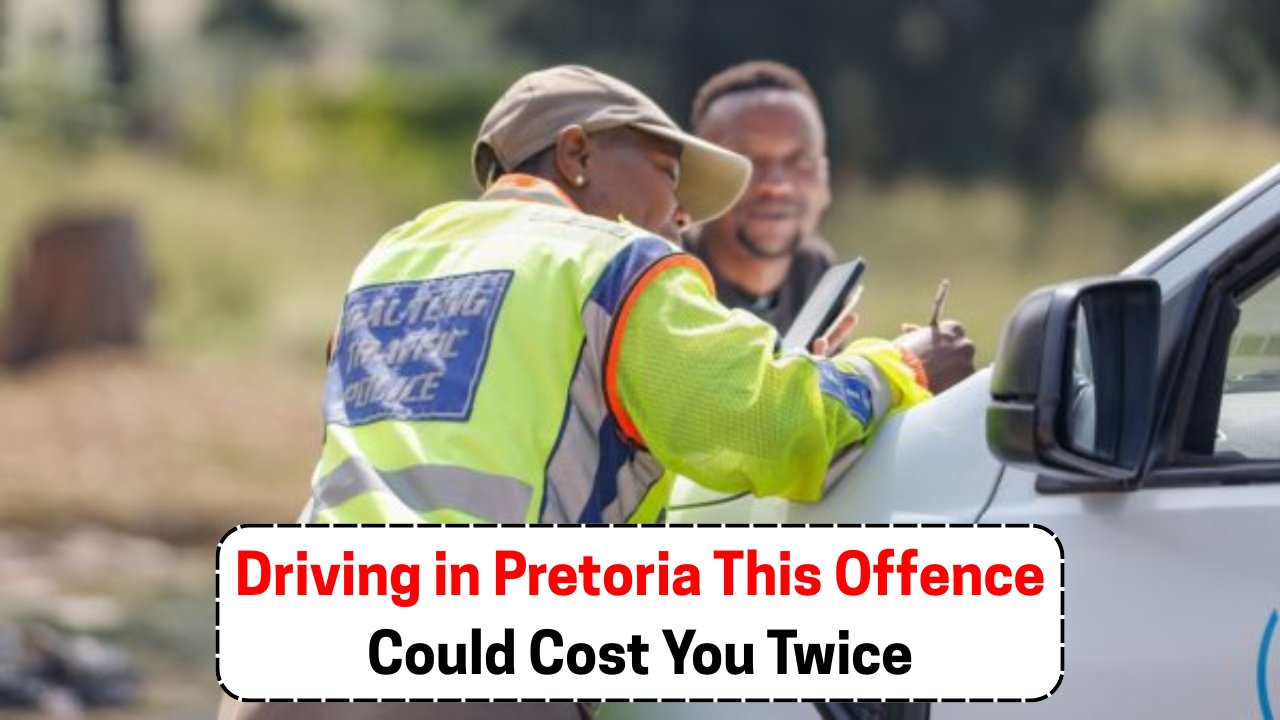Traffic Fines – Pretoria Drivers Beware: From 1 November 2025, traffic fines across the City of Tshwane (including Pretoria) are expected to become significantly tougher under an updated AARTO-aligned schedule. While the final gazette will confirm exact line items, the broad change means headline penalties for common offences—speeding, skipping red lights, handheld phone use, and failing to wear a seatbelt—could jump sharply, with certain categories effectively doubling. The aim is to deter persistent violations, reduce crash rates, and streamline enforcement through the national AARTO process. Expect stricter timelines too: ignoring a notice can escalate costs quickly and block licence renewals. Motorists should verify their contact details on eNATIS and RTIA platforms so infringement notices don’t go astray, and take screenshots of payments for records. If you drive for work or manage a fleet, now’s the time to brief staff, review internal policies, and budget for compliance. The city says the full list of updated penalties will be published ahead of the effective date.
What Changes for Pretoria Motorists
The biggest shift isn’t just higher rand amounts—it’s the way fines move through the AARTO pipeline. Once an infringement notice is issued, you typically have a short window to act. Pay within the early window and you can usually get a significant discount; miss it and the full penalty applies, plus admin fees. Repeat offenders may face demerit points that build toward licence suspension once a threshold is reached. In practical terms, that means one month with a few careless mistakes can haunt you for far longer than before. Pretoria drivers should expect intensified enforcement blitzes by TMPD around hotspots: major corridors, school zones, and high-crash intersections. The city also plans targeted operations for common infringements—seatbelts, mobile phone use at the wheel, illegal stopping, and unlicensed vehicles. Keep a digital folder for all notices, proof of payment, and any representations you submit to avoid delays or duplicate penalties.
Offences Most Likely to Bite (and How to Avoid Them)
Speeding bands will remain the most expensive mistakes for ordinary drivers, with penalties rising steeply as you go further over the posted limit. Intersections are another pain point: rolling through an amber-to-red change, blocking the box, or failing to yield to pedestrians are frequent triggers for camera-based fines. Don’t neglect “paperwork” offences either—an expired licence disc or driving with an expired card can attract heavy penalties, and once escalated, may freeze transactions on eNATIS until cleared. Using a handheld phone while driving will continue to carry high penalties; even “just checking directions” can count if the device is in your hand. Simple habits cut your risk dramatically: set cruise control within limits, mount your phone properly and use voice commands, do a monthly check on licence disc and vehicle fitness, and approach every intersection as a potential enforcement point. For company vehicles, build a weekly compliance checklist into hand-over routines.
Paying Less: Discounts, Deadlines and Disputes
Under AARTO rules, timely action can halve what you owe. If you pay within the initial notice period (typically 32 days), you’ll usually qualify for a 50% discount—miss that window and the discount falls away, with a “courtesy letter” fee added. Ignore that, and an enforcement order can follow, piling on further fees and blocking your ability to renew your vehicle licence or driving licence. If someone else was driving, you can nominate the correct driver. If you believe the notice is flawed, you can make a written representation with supporting evidence (for example, proof of a cloned plate, or a timestamped invoice showing your vehicle was elsewhere). Keep your postal and digital contact details updated so you actually receive notices. The safest play? Read every notice as soon as it arrives, diarise the deadline, and act the same week—either pay (and capture the 50% saving) or submit a representation online.
Where to Check, What to Save, Who to Trust
Use official channels to verify and settle infringements: the Road Traffic Infringement Agency (RTIA) portals and accredited payment platforms linked from RTIA. Avoid third-party links in social media messages—scammers spike during policy changes. Save PDFs of every notice, proof of payment, and any correspondence; back them up in cloud storage under a “Traffic/RTIA” folder. Fleet owners should assign a single compliance mailbox and nominate an admin to track deadlines across all vehicles. If your notice references camera speed enforcement, check signage, speed limits and GPS logs before paying—if an error exists, include that evidence in your representation. Finally, watch for the City of Tshwane’s official publication of the updated schedule: it will include the precise rand values per offence, grace periods (if any), and the staged rollout across Tshwane. Preparing now—before 1 November—will save money, protect your licence, and keep you off TMPD’s repeat-offender radar.
